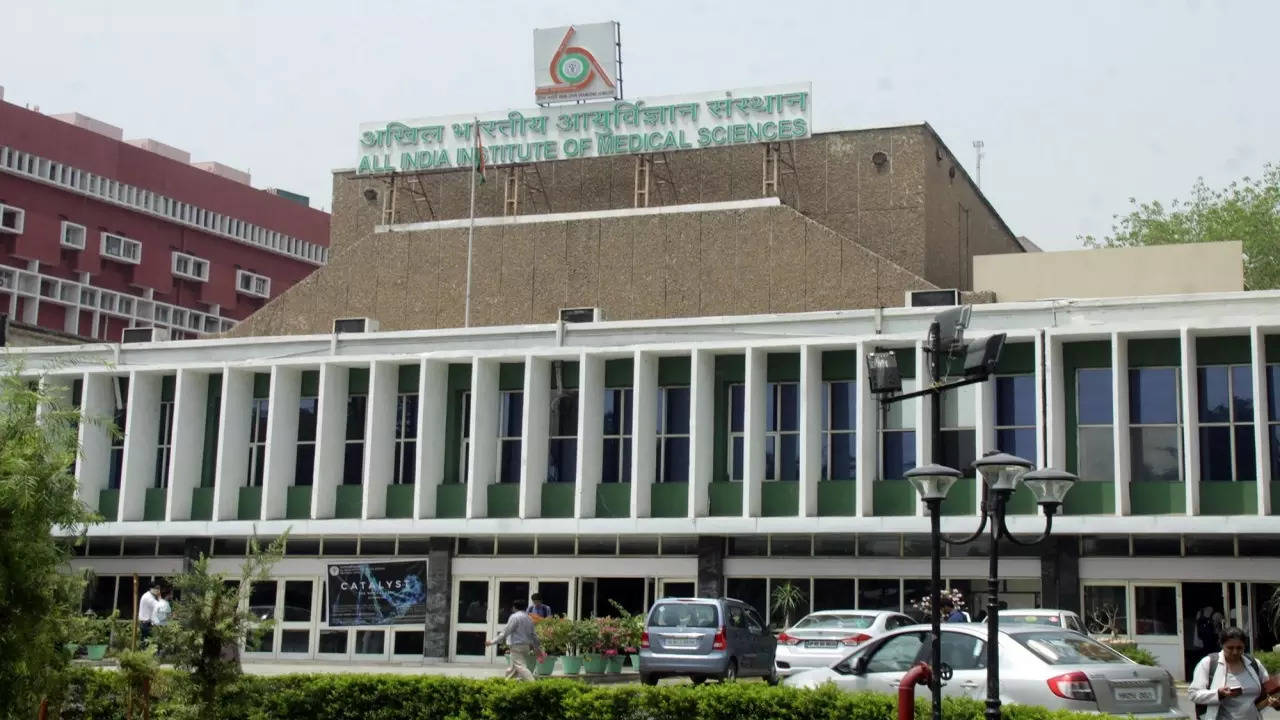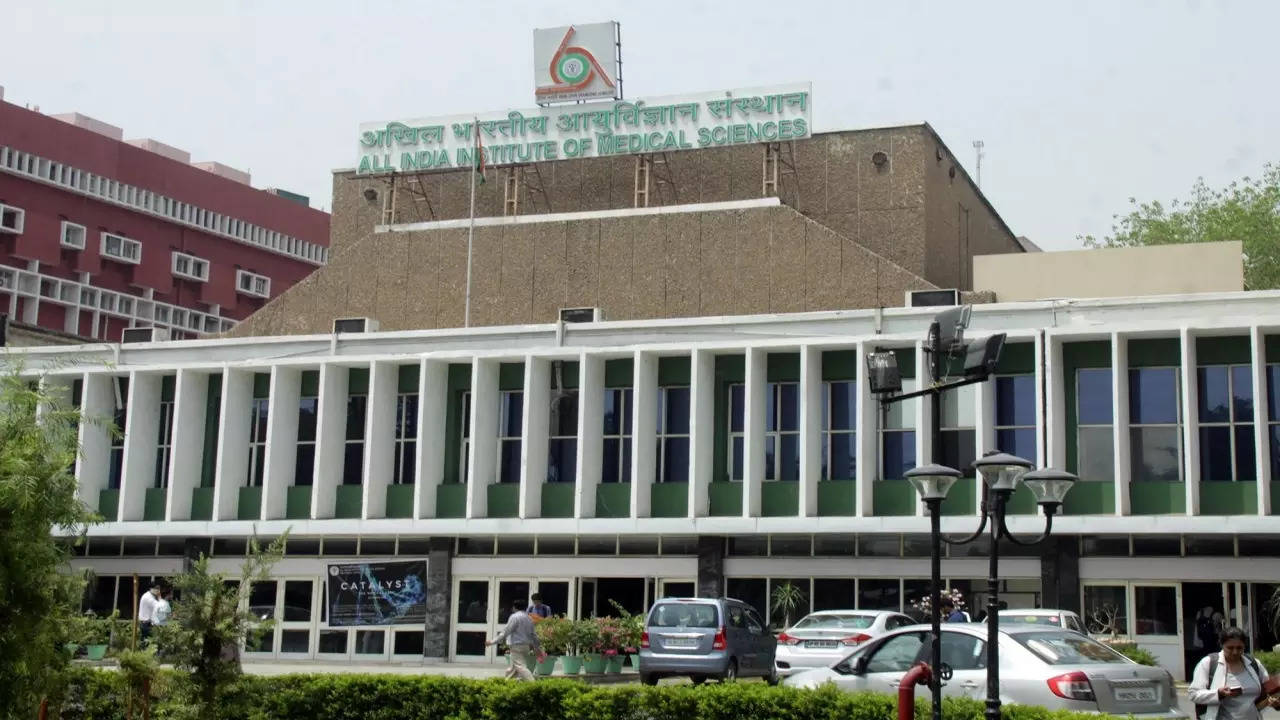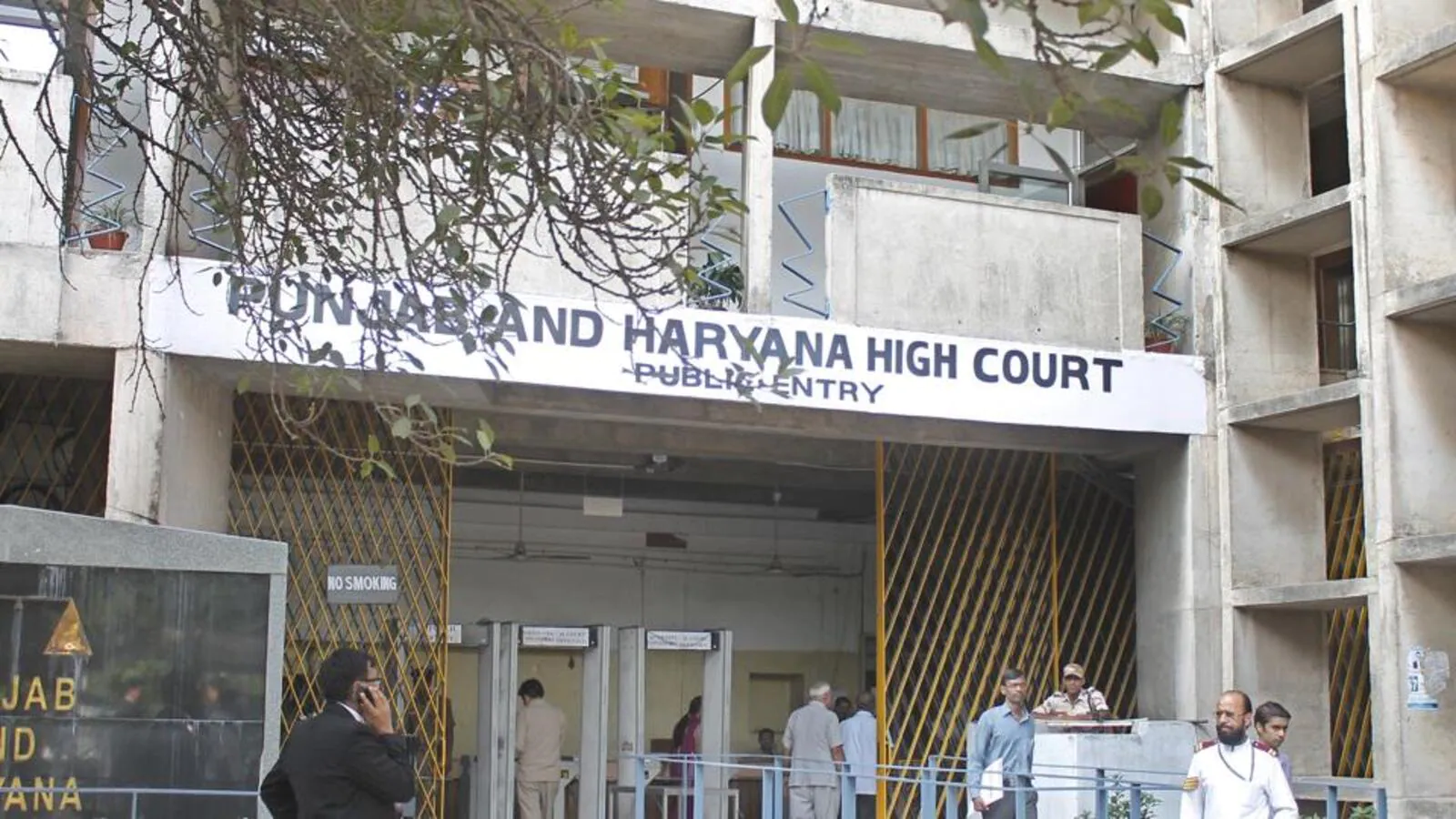Police deny ransom demand of Rs 200 crore in cryptocurrency as server remains down for 6th day

All India Institutes of Medical Sciences (AIIMS).
Photo : IANS
However, the Delhi Police has claimed that no ransom demand, as being quoted by certain sections of the media, has been brought to the notice by the AIIMS authorities.
Meanwhile, the AIIMS computer facility on Monday wrote to all departments of the institute to make a backup of their files which are connected to the institute’s networks as they will have to be formatted and cleaned in the aftermath of the ransomware attack.
Reports said that it is being feared that the data of around 3 to 4 crore patients could have been compromised due to the hacking detected on Wednesday morning, reported PTI.
On Monday, AIIMS management informed that data restoration and server cleaning are in progress and the authorities are taking time due to the volume of data and large number of servers for hospital services.
“Measures are being taken for cyber security. All hospital services, including outpatient, in-patient, and laboratories continued to run on manual mode,” informed the hospital authorities.
On the other hand, Patient care services, including emergency, outpatient, inpatient, and laboratory are being managed manually as the server continued to remain down on Monday.
On November 25, an extortion and cyber terrorism case was registered by the Intelligence Fusion and Strategic Operations (IFSO) unit of the Delhi Police.
At present, internet services have been blocked on computers at the hospital on the recommendations of the investigating agencies, said officials.
It may be worth mentioning here that the AIIMS server has stored data of several VIPs, including former prime ministers, ministers, bureaucrats, and judges.
“Hackers have…




